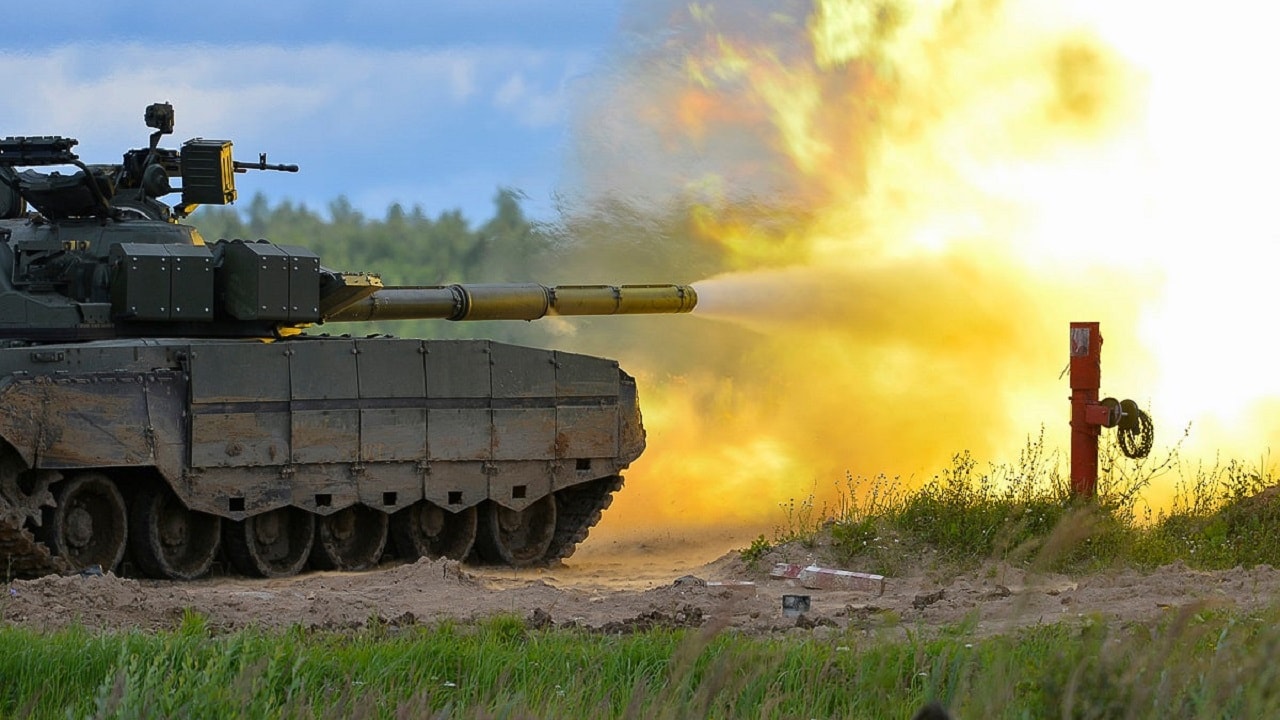I was wrong, but for the right reasons. I was shocked when Russian strongman Vladimir Putin’s army invaded Ukraine on February 24, 2022, as I assumed that no rational Russian leader would undertake something that was guaranteed to have a whole slew of disastrous consequences for Russia. Putin defied reason and Russia is now paying the price for his having embarked on what must be one of history’s greatest strategic blunders.
One year later, and Russia is on the verge of an embarrassing and deeply self-destructive defeat. In fact, it’s already lost inasmuch as it, a self-styled great power involved in a war with a far smaller and far weaker country, has failed to win. It’s as if the United States invaded Mexico and, twelve months after initiating the aggression, managed to hold on to a sliver of Mexican territory while suffering catastrophic losses.
Russia: No Longer a Great Power Due to Ukraine War
So, the first consequence of the war is that Russia no longer qualifies as a great power. It still has a seat on the United Nations Security Council, and it still has thousands of nuclear warheads, but its armed forces have been exposed as third rate, and its economy has been damaged beyond easy repair. In contrast, Ukraine’s army, which was generally considered weak and poorly led, has revealed itself to be an impressive fighting force that is sure to alter Ukraine’s post-war geopolitical standing.
Worse, the war has achieved the exact opposite of what Putin presumably intended. It has consolidated the West, galvanized NATO, and, by strengthening Ukraine’s military and political elites, completely failed to accomplish Putin’s initial goals—demilitarization and “de-Nazification.” Ukraine’s leading “Nazi,” its Jewish President Volodymyr Zelensky, has become the darling of the West and an authoritative figure in much of the world.
Putin the Doomed?
Worst, the war threatens to destroy Putin, his regime, and Russia itself. Even the dullest Russian elites appreciate that he has brought their fortunes, as well as those of their country, to the verge of collapse. If the war continues to go badly for Russia, as it surely will, Putin’s chances of being deposed will rise and, sooner or later as happens in most countries experiencing multiple crises due to leader incompetence, the person held responsible loses his authority or his head.
If and when Putin goes, his highly centralized fascist regime, within which he served as the linchpin, will likely implode. In the savage power struggle that is sure to erupt, Russia’s democratic forces actually stand a good chance of emerging victorious. Such an outcome would end the war and could save the Russian state. Alternatively, if the struggle continues indefinitely or the fascists triumph, civil war in Russia is almost inevitable and, in the resulting chaos, a score of non-Russian units of the Russian Federation are likely to secede. First among them will be the Chechen dictator, Ramzan Kadyrov, who has a sizable private army and will happily stab his former supporters in the Kremlin in the back. If others follow, as they surely will, the Russia state could become history.
Ukraine, meanwhile, will use the chaos in Russia to consolidate control over the territories Putin seized in 2014 and 2022. The Ukrainian economy will be a mess, but Kyiv’s moral authority, strategic importance, and strong military should ensure it’s getting significant economic support. Ukrainians’ resilience and commitment to rebuilding will also promote economic revival.
It was hard to imagine in February 2022 that the war would last one year. It is harder to imagine what conditions will be like one year from now. Unless some miracle intervenes, however, we can safely predict that Putin and Russia will be further along the road to defeat. Less certain, though quite possible, is the war’s end. If Russia’s big offensive fails, as it probably will, and if Ukraine’s counter-offensive succeeds, as it probably will, we could easily see an acceleration of the disintegrative forces outlined above. By February 24, 2024, Putin, his regime, and the Russian state could be no more.
MORE: B-21 Raider: China Should Fear America’s New Stealth Bomber
MORE: H-20: China Is Building a New Stealth Bomber
MORE: Is Russia’s Su-57 Felon Stealth Fighter a Total Bust?
A 19FortyFive Contributing Editor, Dr. Alexander Motyl is a professor of political science at Rutgers-Newark. A specialist on Ukraine, Russia, and the USSR, and on nationalism, revolutions, empires, and theory, he is the author of 10 books of nonfiction, including Pidsumky imperii (2009); Puti imperii (2004); Imperial Ends: The Decay, Collapse, and Revival of Empires (2001); Revolutions, Nations, Empires: Conceptual Limits and Theoretical Possibilities (1999); Dilemmas of Independence: Ukraine after Totalitarianism (1993); and The Turn to the Right: The Ideological Origins and Development of Ukrainian Nationalism, 1919–1929 (1980); the editor of 15 volumes, including The Encyclopedia of Nationalism (2000) and The Holodomor Reader (2012); and a contributor of dozens of articles to academic and policy journals, newspaper op-ed pages, and magazines. He also has a weekly blog, “Ukraine’s Orange Blues.”

